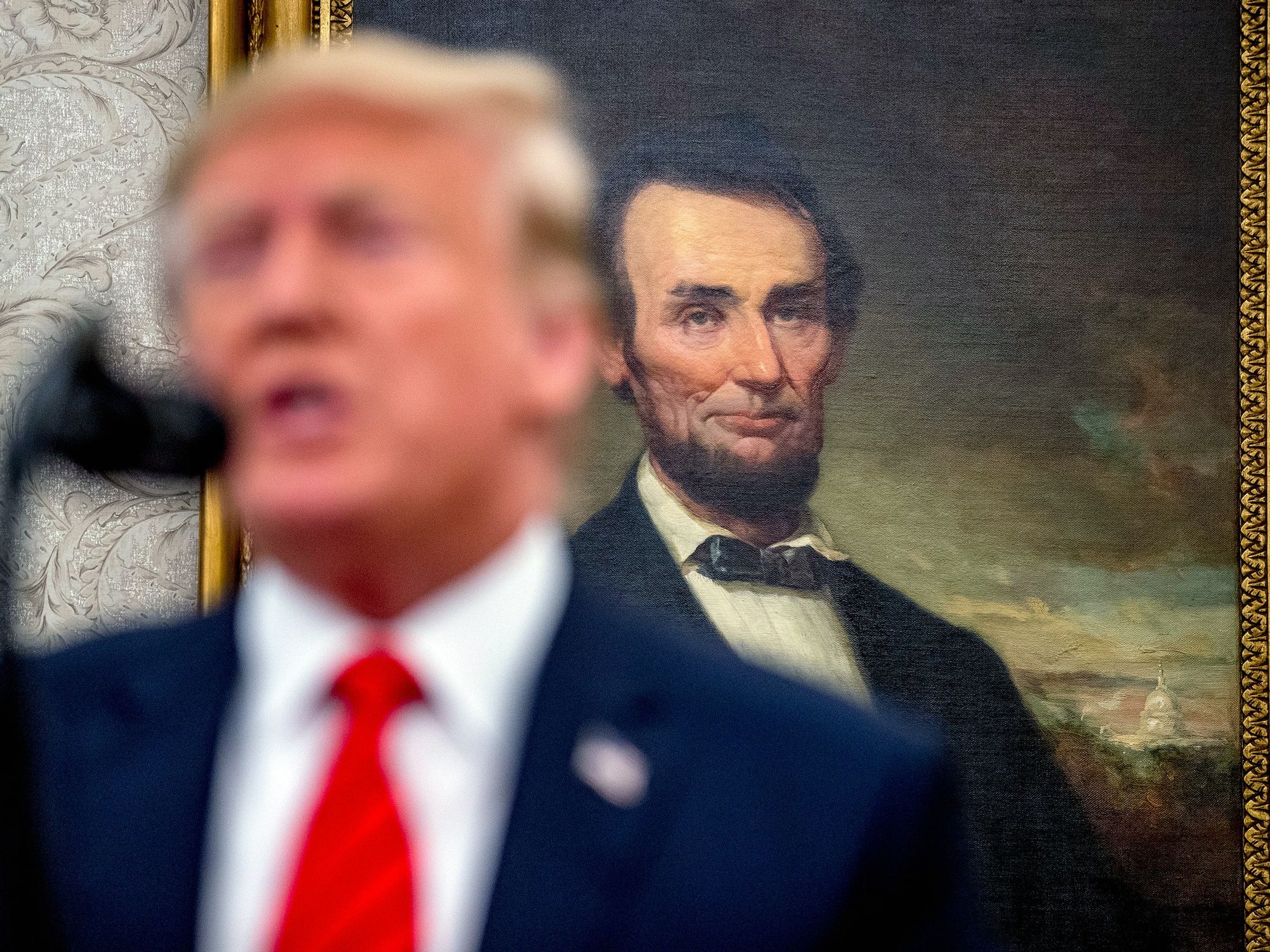Yesterday, The New York Times published an op-ed from a regular contributor to the paper, Linda Greenhouse, titled, “God Has No Place in Supreme Court Opinions.” The thrust of the article is that religion has had an outsized role in shaping the rulings of the courts and in turn the laws of a country ostensibly founded on a separation of religion and politics. It’s a fairly standard liberal—both in the sense of left-leaning and classically liberal—argument, but there’s a lot more to the question than it usually seems.
Ms. Greenhouse goes on to recount the stories of President John F. Kennedy and New York Governor Mario Cuomo, both Catholic public officials who denied their personal religious beliefs as guiding principles for their politics. Virginia Senator and former Vice-Presidential candidate Tim Kaine, a native of my hometown and alum of my own Catholic high school, comes to mind as another who has made similar comments.
Of course, there are many others, because this has been and will continue to be a perennial question in our democracy which has a voting system built around the election of individuals. What do we do or say about the personal religious beliefs of public officials in a country that ostensibly rejects the role of religion in politics?
Ms. Greenhouse, whose article and other reporting on the Supreme Court and law are all of considerable repute, claims we need more public officials to behave in the model of Kennedy and Cuomo. The problem, however, is neither so easily solved nor restricted to the matter of abortion.
For one, religious beliefs strongly influence our practice of the death penalty. After all, in what way can death be a “punishment” for crime, unless one purports to know that for sinners and criminals death is a terrible thing, leading to eternal suffering and pain? Without religion, claims that death is a sort of suffering are basically inconceivable. Death is essentially unknowable, though some may have speculation informed by natural science.
I use this possibly surprising or confusing example because it is precisely that: surprising and confusing. One might oppose or support the death penalty on different grounds, religious, moral, or otherwise, but rarely do we consider how deeply embedded in our societies are religion and religious presuppositions about life and death. It begs that question laid out at the beginning of this discussion. Can America separate politics and religion? Can liberal democracy ever truly be secular?
In a democratic society, politics is everything. Every citizen is necessarily a political actor—our personal opinions and life experiences are inextricable from how we vote and the operation of politics. The question of whether politics and religion can get a divorce is a question of whether we can ever answer John Lennon’s beckoning call into a world without religion altogether.
Difficult as it may be, it is a fair question to ask, because it is a promise liberal democracy makes, that it can in fact do this. Through empowerment by the vote and opportunity for enrichment by the market, liberal democracy promises that we will not need religion or myth to work together. The system is meant to bind us to each other because to coexist is to everyone’s advantage.
Unfortunately, however, when all a society has is rational and calculated self-interest, it is bound to become especially problematic among political elites and leaders. If I have the power, why not abuse the system to my advantage, given that is the whole point of the system? We need to believe in non-rational stories—myths, religion, anything—if we are to have healthy and decent democratic politics.
Simply disavowing religious beliefs as political motivations is not a solution but a masquerade. Instead of, as John Lennon advises, imagining a world in which we can avoid the messiness of human beliefs and ways of understanding life and morality, we need to start asking how we can pursue more democratically productive and healthy narratives.
Subscribe to SpectaclesIf this interests you, you should (share the article! but also) read my Focus from this past Sunday, in which I discuss the need for spirited democratic leadership. You should also stay tuned for tomorrow’s Bird’s Eye—in which we will discuss this challenge to liberal democracy at length in our finale of Myth & Politics—and Sunday’s Focus—in which Harry will explore the tensions between democracy and the rational bureaucratization of politics.




Comments
Join the conversation